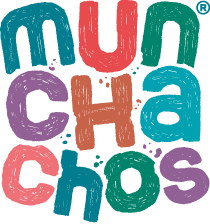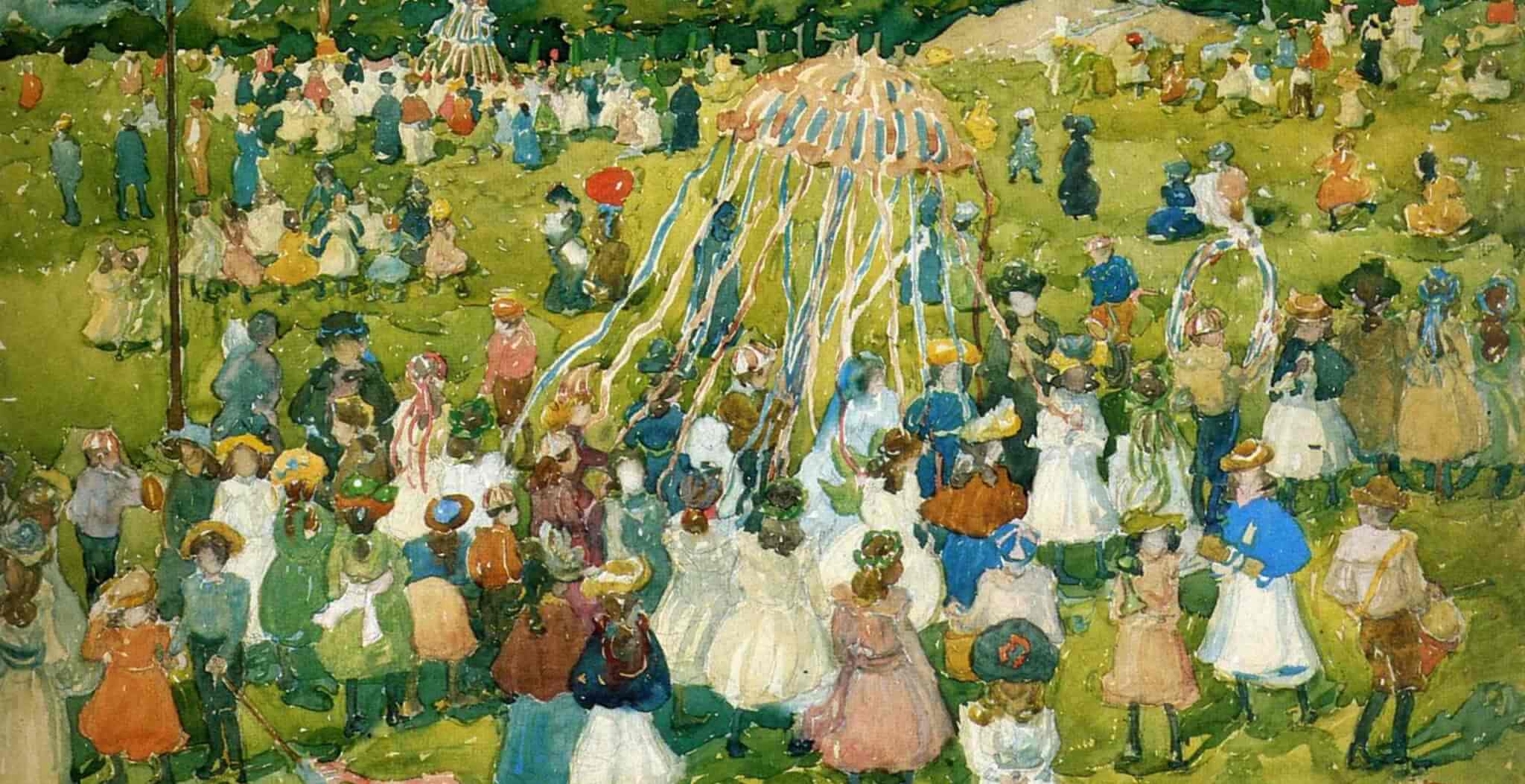
A very happy May Day one and all! Today is a day that signifies the arrival of the good weather and, happily, it brings with it a Bank Holiday on the closest following Monday. But what are the origins of the day, why should we be prancing around a Maypole and what on Earth are those Morris dancers wearing?
May Day is said to be a time of love and romance – it’s when people celebrate the coming of summer with lots of different customs that are expressions of joy and hope after a long winter.
May Day celebrations have been carried out in England for over two millennia beginning with the Romans who celebrated the festival of Flora, goddess of fruit and flowers, which marked the beginning of summer. It was held annually from April 28th to May 3rd.
Traditionally, in rural England, May Day is marked with a host of fair weather activities, the most popular being Maypole Dancing, Morris Dancing and the crowning of the May Queen.
Maypole Dancing
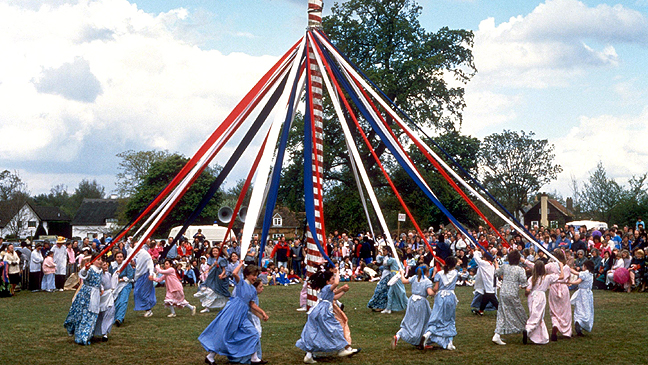
On May Day, it was customary to cut down young tress and stick them in the ground to celebrate the arrival of the summer. People danced around the tree poles holding the ends of colourful ribbons that were tied at the top of the pole. The end result was a beautifully plaited pattern of colour.
Morris Dancing
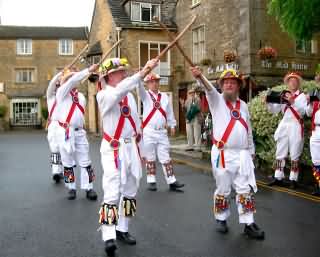
Morris Dancing is another traditional May dance. It’s danced to a jolly piece of music played on the accordion with a hand drum beat. The costumes vary depending on the part of the country you’re in but it’s often colourful and their faces are often painted – probably originating as a form of disguise. The dances are performed in a circle facing each other and, as they often have bell-pads tied at their knees, the dances are often very loud and cheerful-sounding!
The May Queen
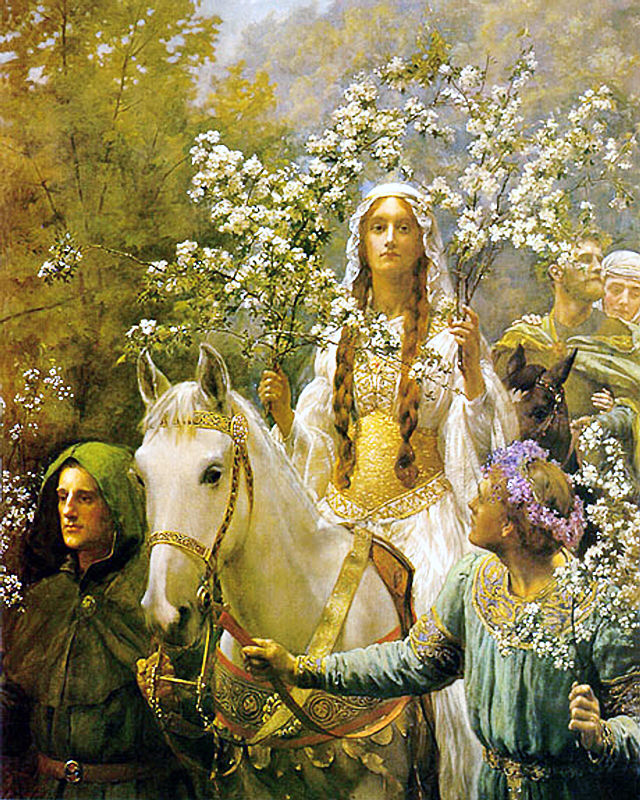
The May Queen is a girl who is crowned with a floral garland at a May Day parade. She will often make a speech to commence the celebrations.
INTERESTING FACT: when people are in trouble and radio for help they often use the phrase “Mayday Mayday.” This actually derives from the French “m’aidez” (pronounced Mayday) which literally means “help me!”
Sign up to Munchachos here and download our FREE app to explore, have fun, learn loads and get worldwise.
